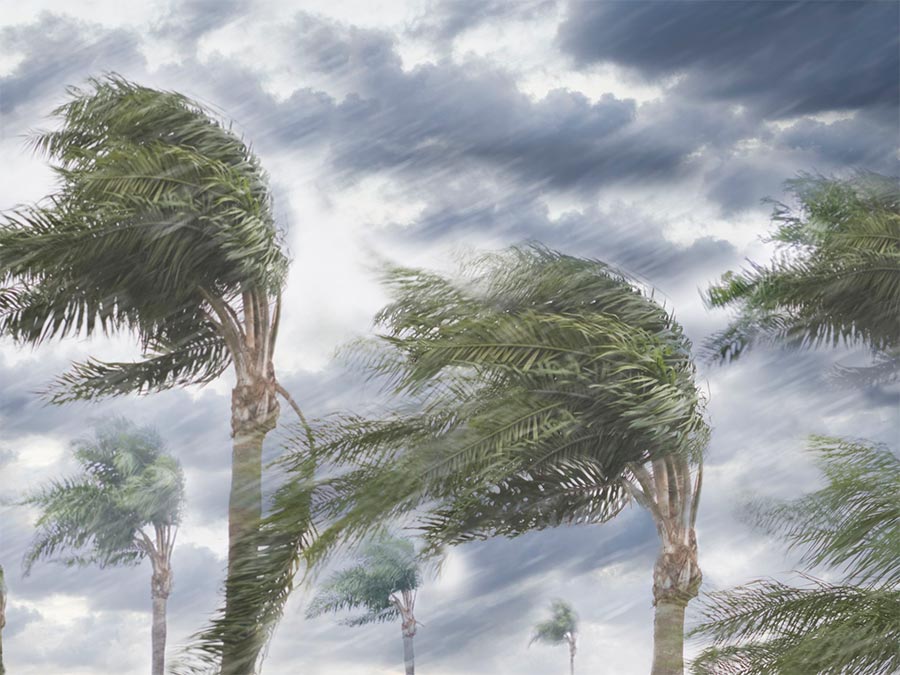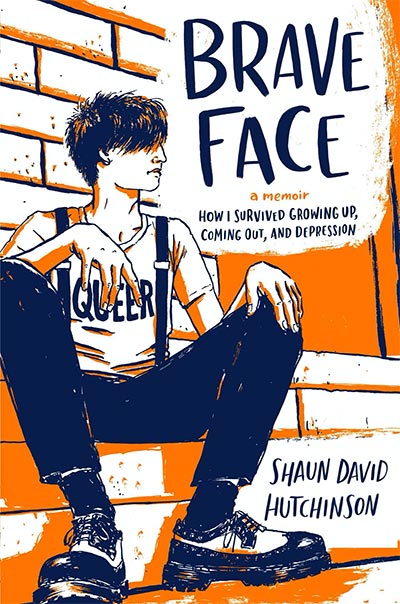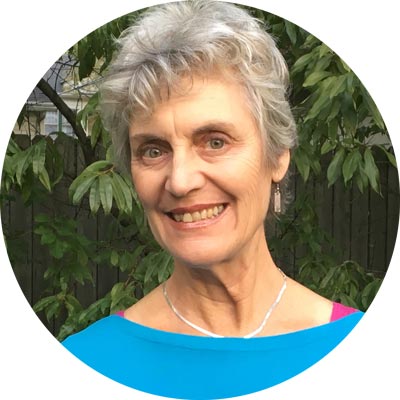Shaun David Hutchinson wrote “Brave Face: A Memoir: How I Survived Growing Up, Coming Out, and Depression” (Simon Pulse 2019) revealing his life in a small town in Florida in the 90s.
Hutchinson felt that books and movies told him what he was supposed to want: “fall in love with a girl, and want to have sex with her.” He set on his path to marry (a woman), have a family and live happily.
With an early girlfriend “kissing . . . gave me that sweaty/nauseated/horny feeling that made me unsure whether I was going to puke.” He drops her. He tries another and drops her. Whereas he wasn’t an unpopular kid, these events don’t increase his social status.
At home, he can’t do simple chores or take part in the family community. He has yelling fights with his mom. “I felt like she was dropping the weight of the world on my back while I was already carrying twice that amount . . . there was a short circuit in my brain somewhere.”
At school he finds solace in the drama club and finds close frienships. Then he finds debate, which helps develop his analytical thinking.

Still, as a straight kid he performs a monologue from “I Hate Hamlet,” playing it for laughs limp-wristed, bare midriffed, in short shorts. He loves the outraged laughing response of the audience. Later he says, “I wasn’t gay. I couldn’t be gay. Being gay . . . was a role I’d played for laughs.” He’d be a lawyer or an actor.
In 1994 the Department of Defense instituted the “Don’t ask, don’t tell” policy, confirming that being gay was shameful. Movies showed gay men as “flamboyant comedic reliefs whose sole purpose was to help satisfy the needs of straight people.” Or gay men were “portrayed as promiscuous sexual deviants and drug abusers . . . it’s how I saw them too.”
- author: Shaun David Hutchinson
- publisher: Simon Pulse (May 21, 2019)
- binding: Hardcover, 368 pages
- ISBN-13: 978-1534431515
His older half-brother comes out to him. “I assumed that he was going to wind up the way I believed every gay man wound up. Lonely, sick, addicted to drugs, or dead.” He does not empathize. By his own admission, he’s arrogant. When he steals magazines displaying naked men it does not occur to him that he’s gay. But he gets caught.
He gets himself into some rough situations and here’s the necessary spoiler. He attempts suicide and nearly succeeds. There are links to suicide prevention and depression support groups in the book.
It’s a relief for him—and for the reader—when he finally starts coming out. At which point I realize, right, you come out many times—there’s your family, your groups—it’s not just one big hurrah.
Fortunately, being gay has been normalized to a degree—especially in urban or college town settings, but, still it’s difficult. Everyone deserves to see themselves in literature. You might want to give this book to some kid who you think might benefit.




